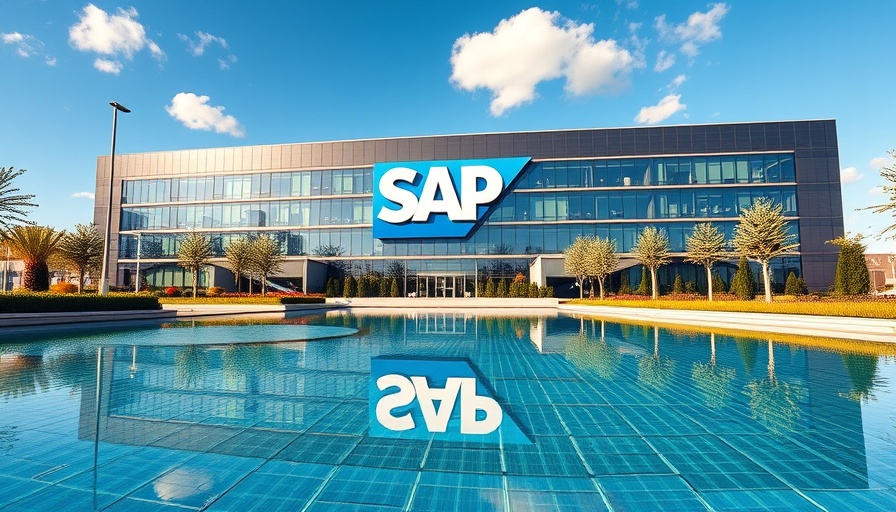
Andrea Lucas: A New Term with High Stakes for Employee Equity
The U.S. Senate's confirmation of Andrea Lucas as the acting chair of the Equal Employment Opportunity Commission (EEOC) marks a significant turning point in federal labor policies. With her recent confirmation, simultaneously amid a challenging political landscape, Lucas is poised to champion a bold civil rights agenda that resonates with the ongoing conversations about equity and inclusion in the workplace.
Navigating Political Waters: EEOC's Challenges Ahead
Lucas's appointment comes after a tumultuous period in which the EEOC faced a lack of quorum during a critical time for workers' rights. The agency's inability to carry out its essential functions raised alarms among civil rights advocates. Lucas has sought to restore respect for established civil rights protocols while addressing the contentious issue of diversity, equity, and inclusion (DEI) programs. Under her leadership, the EEOC has issued guidance stating that certain DEI initiatives may run afoul of discrimination laws, reflecting a potential shift in how corporations might need to approach talent management.
Employee Performance at the Forefront of HR Strategies
The implications of Lucas's leadership extend directly to organizational strategies concerning employee performance and engagement. CHROs and operational leaders must anticipate how her policies will shape workforce optimization strategies in real-time. As firms strive to maintain a high-performance culture, they must also adapt to shifting regulatory landscapes that may challenge existing employee engagement frameworks.
Long-Term Insights into Workforce Strategy Planning
Lucas’s confirmation is not just a policy shift; it’s an invitation for business leaders to re-evaluate their approaches to succession planning and leadership development. Industries will need to set the tone early, focusing on a people-first leadership model that balances compliance with innovative workforce strategies. The ability to retain top talent and foster a productive workplace is now aligned with adhering to new guidelines set by the EEOC.
Engaging a Diverse Workplace: The Road Ahead
The road ahead may be fraught with challenges, but the essence of Lucas's agenda underscores the opportunity for organizations to rethink how they cultivate talent in an evolving cultural paradigm. Engaging in meaningful conversations about diversity and inclusion is now more crucial than ever. Companies must ensure that their HR metrics align with these expansions while also promoting fair treatment and opportunity for all employees—shifting how companies view diversity as a strength rather than a compliance issue.
As industry leaders, it’s vital to track these developments and understand how they impact employee engagement and retention strategies. By doing so, you equip your organization to thrive in an era defined by rapid change and evolving societal expectations.
 Add Row
Add Row  Add
Add 




Write A Comment